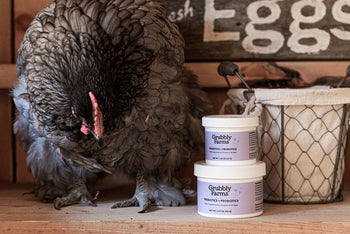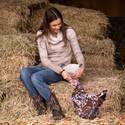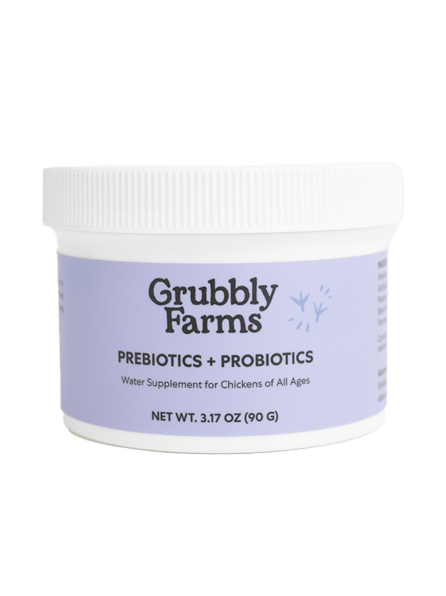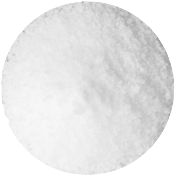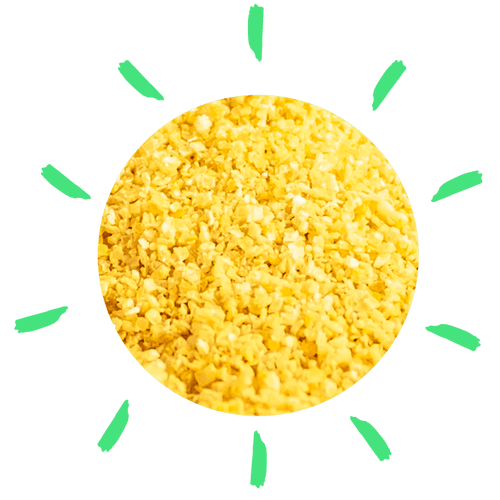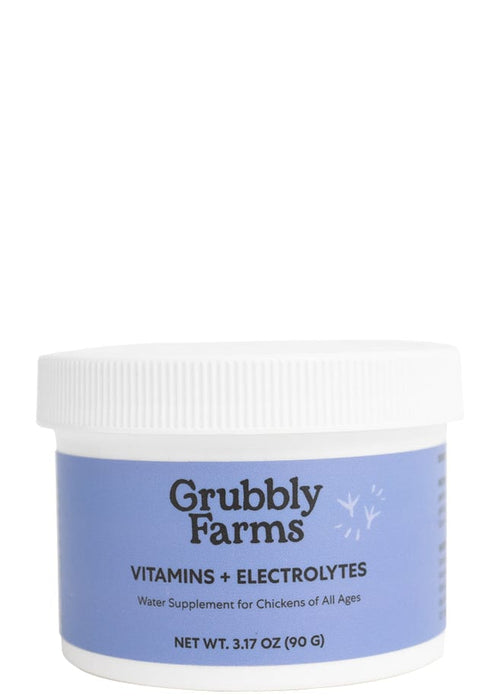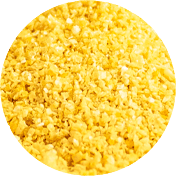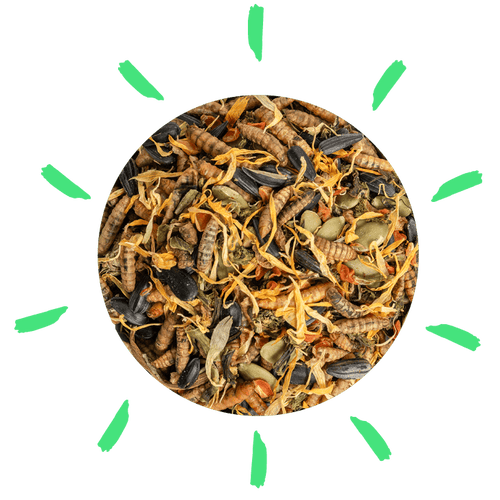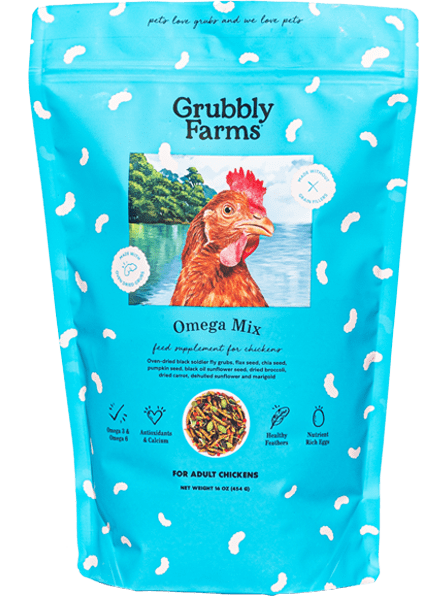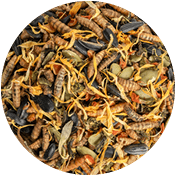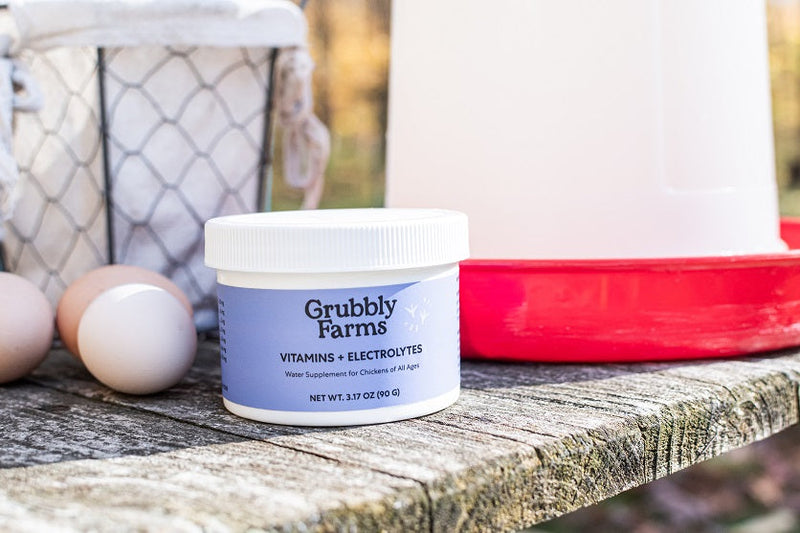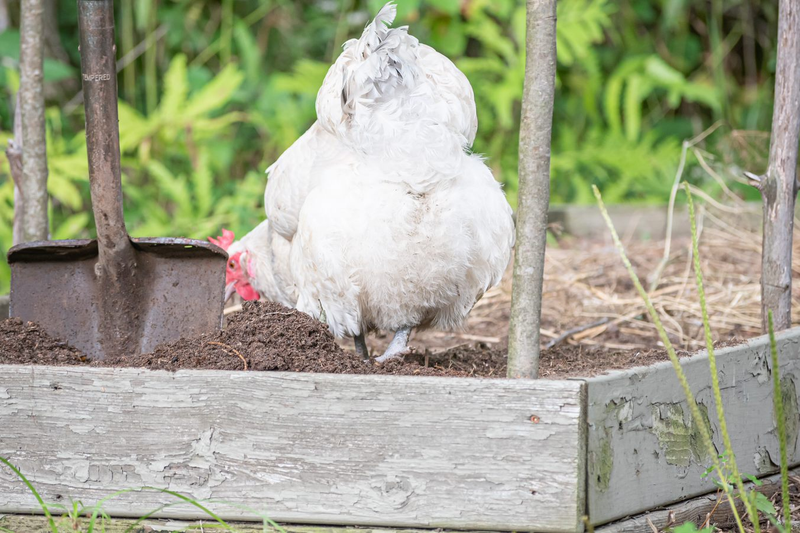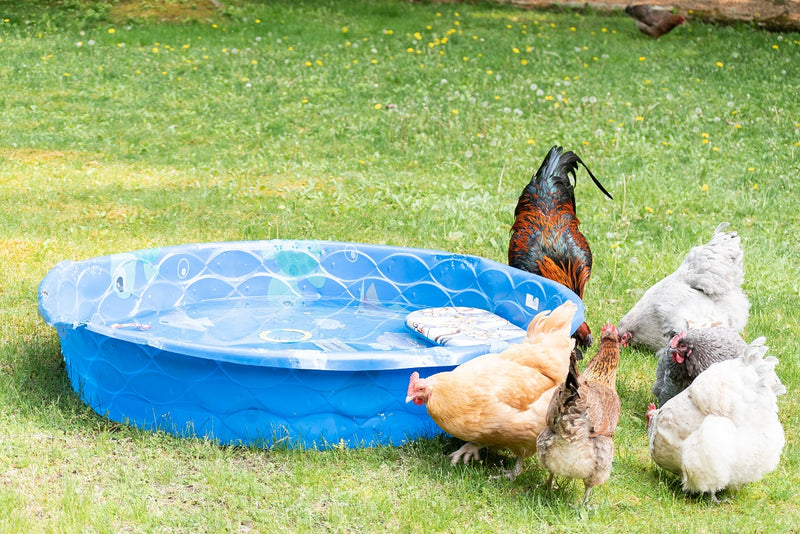Probiotics are a natural supplement for keeping chickens healthy and productive. Adding supplemental probiotics to your flock’s diet can help them maintain a healthy gut. The gut is at the center of everything their body does; it is the receiver and processor of life supporting nutrients.
When our birds have an imbalanced microbiome and an unhealthy gut, they are unable to fully complete essential tasks like absorbing and utilizing nutrients, managing inflammation, or protecting the body from internal and external stressors. Up to 90% of disease can be traced back to gut health. A healthy gut is vital for a strong immune system and disease prevention.
Probiotics are beneficial for all flocks, whether you have a small urban flock in your backyard or a large rural flock on your homestead! Find out how and when you should consider adding probiotics to your flock’s diet to help them stay healthy and nourished!
What are Probiotics?
So, what are probiotics? As you might guess, probiotics are beneficial bacteria that live in the gut. These bacteria are living microorganisms. The most common types of beneficial bacteria that are considered probiotics are Bifidobacterium and Lactobaccillus. These beneficial bacteria work to restore or improve the small intestine’s normal population of good gut bacteria. Bifidobacterium and Lactobaccillus can be found naturally in some foods, such as root crops and grains that are fermented to nurture the population of good bacteria.
The balance of beneficial bacteria, or probiotics, in a chicken’s gut can be influenced by many environmental and external factors, including diet, disease exposure, stress, weather, and age.
When a chicken’s good gut bacteria get out of balance, supplemental probiotics made specifically for chickens, like Grubbly Farms Prebiotics + Probiotics, can be used to help restore the proper population of good bacteria in the gut. Supplemental probiotics are also beneficial when natural sources of probiotics in a chicken’s diet are lacking.

4 Benefits of Probiotics for Chickens
Improved Digestive Health: Probiotics help support optimal gut health. A chicken’s gut cannot stay in healthy, working order when harmful bacteria or microbes are present. Beneficial probiotics help ward off harmful bacteria through competitive exclusion, meaning it uses up resources so that there are no resources for the harmful bacteria to survive on.
Improved Nutrient Absorption: A good population of beneficial gut microflora are needed to extract the nutrition from the foods a chicken eats. With a healthy gut full of beneficial probiotics, a chicken can easily digest and break down food for daily nutrition. Probiotics support the health of the gut linings that absorb the nutrients. When a gut is experiencing dysbiosis the pathogens attach to absorption sites (vili) and limit the amount of nutrients the body can absorb and utilize.
This improved nutrient absorption also causes an improvement in a chicken’s feed efficiency, which is the process of converting the nutrients in the feed into energy used for survival and reproduction.
Immune Support: A healthy gut is directly related to a healthy immune system. Since the immune system is a chicken’s ability to fight disease, you can see why having a healthy immune system would be important. Immune defense is the first to suffer when a chicken is stressed since that’s where energy is diverted from first. Probiotics can help keep the beneficial bacteria in a chicken’s gut stay balanced and thrive during times of stress.
Improves Productivity: As you might imagine, a healthy gut and a healthy immune system equals a healthy chicken. And a healthy chicken will be able to produce eggs on a regular basis. Without having to put extra energy towards staying healthy or suffering from lack of nutrition due to poor digestive health, a hen can put more energy towards producing healthy, strong eggs.
Understanding the Difference Between Prebiotics and Probiotics
Probiotics and prebiotics work together. Probiotics are live microbes. Prebiotics are foods that nourish the live probiotic microbes. When seen in a supplement ingredient list, probiotics will be listed according to the species of live microbe. The most common probiotic microbes are Bifidobacterium, often listed as B. “something’, and Lactobaccillus, often listed as L. “something”.
Prebiotics on the other hand, are often listed as specific ingredients, such as lactose, inulin, oligosaccharides, or pectin. Prebiotics cannot be digested by chickens or harmful bacteria, they are only useful for nourishing beneficial probiotic bacteria. Some types of prebiotics can even bind to harmful bacteria so that the harmful bacteria can be flushed out when a chicken’s body expels the non-digestible prebiotics.
Benefits of Prebiotics
Since prebiotics help the probiotics in a chicken’s gut, that means they also provide benefits for keeping a chicken healthy! Prebiotics provide similar benefits as probiotics since they are helping the probiotics function and thrive properly. Here are some benefits of prebiotics:
- Aid nutrient utilization
- Help maintain a stable environment in the gut
- Improve microbial diversity
- Support immune defense
Prebiotics vs Probiotics
- Probiotics: live cultures, deteriorate with storage
- Prebiotics: inert fiber, are insoluble and cannot be digested by chickens, can be stored for longer, serve as food for probiotics
When to Supplement a Chicken’s Diet with Prebiotics + Probiotics
Like most other natural supplements, supplemental probiotics are usually not needed daily. Instead, they should be used to help your flock maintain a strong immune system during times of stress or be given when helping to restore your flock back to good health.
Chickens who have the opportunity to free-range or forage in the natural environment get more natural probiotics from the varied diet they consume as opposed to confined flocks, which benefit from more frequent probiotics supplements.
Using supplemental probiotics when they are not needed can cause an overpopulation of beneficial bacteria in the gut. Healthy, mature chickens who receive natural sources of probiotics in their diet only need supplemental probiotics when environmental or health factors cause an upset in gut health.
Supporting Stressed or Ill Hens with Prebiotics + Probiotics
Stress - Stress suppresses a chicken’s immune system. Any time a chicken experiences any kind of stress, energy goes towards relieving that stress and the first place that energy is diverted away from is the immune system. Probiotics are beneficial for helping the gut stay healthy and keeping the immune system strong even during times of stress. Aside from disease and parasites, other factors that can cause stress for chickens include extreme cold or hot weather, predator attacks, moving and transportation, or adding new birds to the flock.
Existing Health Issues - Evaluating existing health issues in your flock can help you determine if your flock would benefit from beneficial probiotics. When chickens are dealing with diseases and parasites, their immune systems will be suppressed. Supplemental probiotics can help keep the natural balance of beneficial bacteria in a chicken’s gut stable, which will positively impact the immune system.
Intestinal Diseases & Parasites - Intestinal diseases ruin good gut flora, especially diseases caused by harmful bacteria. Internal parasites also destroy the health of the intestines. After the disease has been treated or the parasites have been flushed out, supplemental probiotics can help restore the good bacteria in the gut.
Drugs - Supplemental probiotics are very beneficial to use after chickens have been treated with antibiotics or antimicrobial treatments. These drugs are sometimes prescribed to treat certain diseases, but the drugs work to kill both the bad bacteria causing the disease and the good gut bacteria. Probiotics will help restore the good gut bacteria so that the bad bacteria can’t continue to cause problems. Make sure you supply the probiotics after the antibiotic or antimicrobial treatment has been finished, otherwise the drugs will just continue to kill the probiotic bacteria if they are present at the same time.
Environment - Environmental conditions can necessitate supplemental probiotics. Any environmental conditions that cause stress or prevent chickens from accessing a natural environment can be detrimental to a chicken’s good gut health. Overcrowding, improper rations, or being raised on wire can all necessitate a probiotic supplement. Chickens who are kept confined benefit from more frequent probiotic supplements than chickens who free-range.
Supporting Layer Hens with Prebiotics + Probiotics
The purpose for which chickens are raised can be a factor to consider when choosing what types of probiotics will be the most beneficial. Laying hens benefit the most from lactic acid bacteria probiotics, including Lactobacillus casei, Bifidobacterium thermophilum, Lactobacillus acidophilus, Enterococcus faecium, Lactobacillus plantarum and Lactobacillus reuteri. They can also benefit from some species of Bacillus bacteria, including Bacillus licheniformis and Bacillus subtilis.
In normal circumstances, the foods they eat will help keep the good gut bacteria balanced as long as the chicken is healthy and nourished. However, whenever a chicken has decreased its food consumption, supplemental probiotics can help keep the gut healthy.
Supporting Young Chicks with Prebiotics + Probiotics
Young chicks hatch with a ‘sterile’ stomach, meaning no beneficial gut flora has been established yet. Supplemental probiotics can help establish a population of beneficial gut bacteria in a chick’s intestines before any harmful bacteria have a chance to take over. As a chicken ages, it can get some beneficial bacteria from its diet.
Additionally, chicks benefit from supplemental probiotics if they have been shipped through the mail since they haven’t eaten any foods that would supply natural probiotics.

Adding Probiotics to the Chicken Diet
Grubbly Farms Prebiotic + Probiotic is a water supplement, which means that it’s added to your flock’s drinking water. This kind of supplementation is especially beneficial since chickens will stop eating before they stop drinking when they are ill or stressed. That means a chicken will continue to drink the supplemented water even if it stops eating its food.
Water supplements also allow each chicken to get a dosage of the supplement every time a chicken takes a drink. Supplements that are mixed into feed often settle to the bottom of the feeder and get sifted out when the chickens are eating.
You can also incorporate natural sources of probiotics into your flock’s diet. Fermented foods naturally contain lactic acid probiotics, and many dairy products also contain strains of beneficial probiotics. Here are some natural sources of probiotics for chickens:
- Fermented chicken feed
- Fermented dairy products
- Brewer’s yeast
- Fruits & berries (fungi/yeast probiotics are naturally occurring on fruit and berry skins)
If you ever question whether your flock could benefit from supplemental probiotics or if you are unsure of what type of probiotic to give your flock, always consult a veterinarian or avian vet for expert advice.
Criteria for a Quality Chicken Probiotic
Not all probiotic supplements are created equal. You must choose probiotics that will be beneficial for the good bacteria naturally found in a chicken’s gut, which may differ from the beneficial bacteria say in a cat or dog’s gut.
Here are some factors of a good poultry probiotic supplement:
- Optimal levels of live probiotic bacteria when rebalancing stressed gut
- Include useful strains of probiotic bacteria for chickens
- Can withstand a chicken’s intestinal pH levels
- Contain probiotic bacteria that have been recently gathered (probiotic bacteria don’t have a super long shelf life)
- Has been produced using a stable manufacturing process
Common Probiotic Strains for Chickens
There are four common probiotic strains for chickens: lactic acid bacteria, non-lactic bacteria, fungi, and Brewer’s yeast. Both fungi and Brewer’s yeast bacteria must be from specific bacteria species to be beneficial. Fungi probiotics come from the aspergillus bacteria. Brewer’s yeast probiotics come from the saccharomyces bacteria, which are a yeast culture.
The two other common probiotic strains for chickens, lactic acid bacteria and non-lactic bacteria, are the ones commonly put into poultry probiotic supplements since they contain the most concentrated number of benefits for poultry.
Lactic Acid Bacteria: Lactic acid bacteria turn sugar into lactic acid. These bacteria are naturally occurring in any fermentation process. They enhance the efficiency of gastrointestinal fermentation, and they improve the generation of short-chain fatty acids. Short-chain fatty acids nourish the intestinal cells to help boost mineral and nutrient absorption. The common species of lactic acid bacteria include Lactobacillus, Streptococcus, Bifidobacterium, Lactococcus, Enterococcus, and Pediococcus bacteria.
Non-Lactic Bacteria: Non-lactic bacteria don't produce lactic acid, however, they are still beneficial to a chicken’s gut health. The main species of non-lactic bacteria is Bacillus. Bacillus supports nutrient digestibility, gut health, immunity, and growth performance. These bacteria can also help enhance body weight gain in broilers, improve feed conversion ratios, and the overall efficiency of a chicken’s ability to convert food into energy needed for different body functions.

Conclusion
Probiotics help chickens stay healthy by supporting good gut health, which in turn helps the immune system remain strong and active against fighting disease. Probiotics also help fight against harmful bacteria through competitive exclusion and they help the digestive system extract nutrition from the foods a chicken eats. Healthy, mature chickens won’t need supplemental probiotics on a regular basis. However, having probiotics stashed in your poultry first aid kit is helpful for when your flock would benefit from extra gut health support, such as during times of stress or illness. Probiotics can restore good gut health and help your chickens stay healthy and productive!





